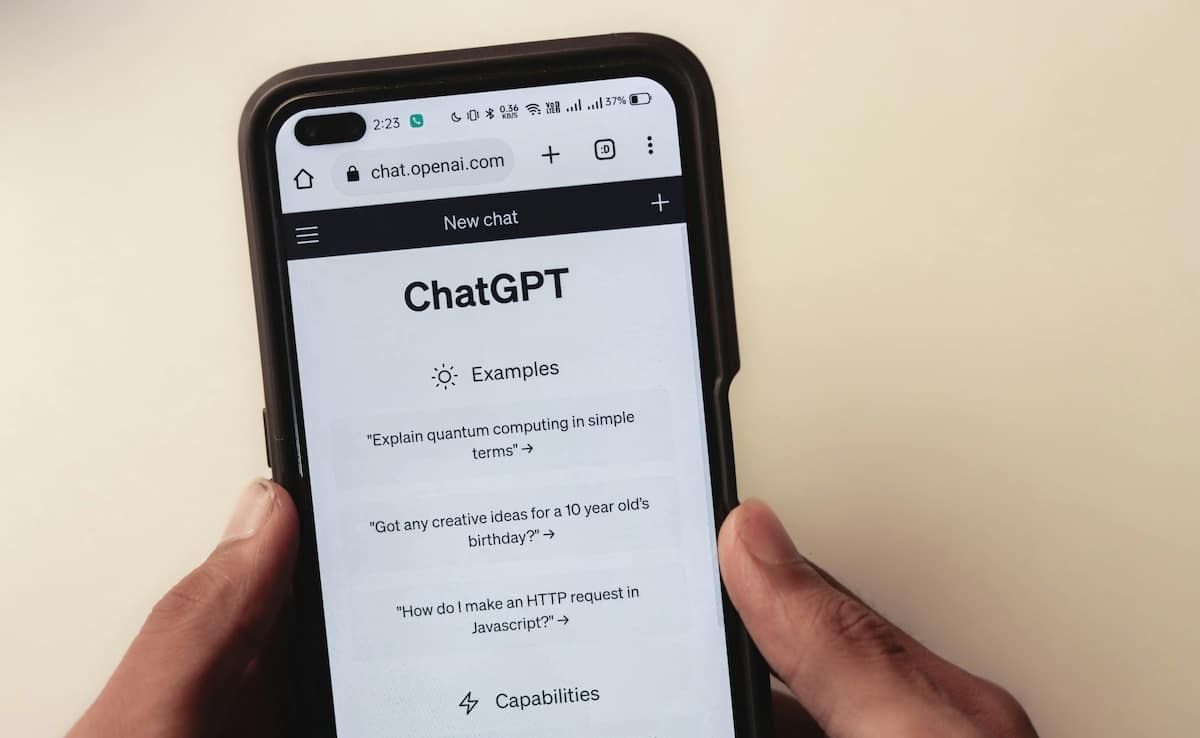AI Chatbots: Life-Saving Tools in Medical Emergencies

In recent years, artificial intelligence (AI) has made significant strides in various fields, including healthcare. A remarkable story has emerged from a social media user who credits the AI chatbot ChatGPT with saving his life. After experiencing severe symptoms following a workout, he turned to ChatGPT for guidance. The chatbot’s prompt advice led him to seek immediate medical attention, ultimately diagnosing a serious condition known as rhabdomyolysis. This incident highlights the potential of AI in assisting individuals with health concerns and raises questions about the role of technology in modern medicine.
The Life-Saving Diagnosis
The anonymous user shared his experience on Reddit, detailing how he felt unwell after a light workout. He noticed extreme soreness throughout his body, which left him confused and worried. Seeking answers, he decided to consult ChatGPT. Upon explaining his symptoms, the chatbot suggested that he might be suffering from moderate to severe rhabdomyolysis and advised him to go to the hospital immediately.
Rhabdomyolysis is a serious medical condition characterized by the rapid breakdown of damaged muscle tissue. This condition can lead to severe complications, including kidney damage, metabolic acidosis, and electrolyte imbalances. If left untreated, it can even be fatal. Acting on the chatbot’s advice, the user went to the hospital, where tests confirmed the diagnosis of severe rhabdomyolysis. He spent a week in the hospital receiving intravenous fluids and monitoring. The user also utilized ChatGPT to analyze his lab results, finding that the chatbot’s insights aligned with the medical team’s findings. This experience underscores the potential of AI to provide timely and accurate health information.
The Internet’s Reaction
The Reddit post quickly went viral, capturing the attention of social media users worldwide. Many shared their own experiences with AI chatbots assisting in medical diagnoses. Comments flooded in, expressing relief and admiration for the user’s recovery. One user remarked, “Happy for you OP that you’re alright now. And yes, ChatGPT is great with such details.” Another user suggested that uploading medical notes to ChatGPT could enhance its diagnostic capabilities.
The conversation around AI in healthcare has gained momentum, with many advocating for its use as a preliminary tool for symptom analysis. One commenter noted, “This is how GPT should be used for medical advice. You throw some symptoms and see about it afterwards with a professional doctor.” This sentiment reflects a growing belief that AI can serve as a valuable resource, especially when traditional medical advice may fall short.
Another AI Success Story
In a related incident, a woman named AJ Kay shared her experience with Elon Musk’s AI chatbot, Grok. After her daughter was involved in a serious car accident, medical professionals at an urgent care center concluded that there were no fractures and sent her home with painkillers. Unsatisfied with this diagnosis, Kay turned to Grok for a second opinion. The chatbot analyzed her daughter’s X-ray and identified a distal radial head fracture with dorsal displacement.
Kay then sought a second opinion from a wrist specialist, who confirmed Grok’s diagnosis. The specialist warned that delayed treatment could have necessitated surgery, but thanks to Grok’s timely intervention, they were able to provide appropriate care without further complications. This incident further illustrates the potential of AI chatbots to assist in medical diagnostics, especially in situations where human oversight may lead to missed diagnoses.
The Future of AI in Healthcare
The stories of ChatGPT and Grok highlight the growing role of AI in healthcare. As technology continues to advance, AI chatbots may become essential tools for individuals seeking medical advice. While they should not replace professional medical consultations, they can serve as valuable resources for preliminary assessments. The ability of AI to analyze symptoms and provide insights can empower patients to seek timely medical attention, potentially saving lives.
As we move forward, it is crucial to continue exploring the integration of AI in healthcare. This includes addressing concerns about accuracy, privacy, and the ethical implications of relying on technology for medical advice. With proper oversight and collaboration between AI and healthcare professionals, the future of AI in medicine looks promising, offering new avenues for patient care and diagnosis.
Observer Voice is the one stop site for National, International news, Sports, Editor’s Choice, Art/culture contents, Quotes and much more. We also cover historical contents. Historical contents includes World History, Indian History, and what happened today. The website also covers Entertainment across the India and World.
Follow Us on Twitter, Instagram, Facebook, & LinkedIn

